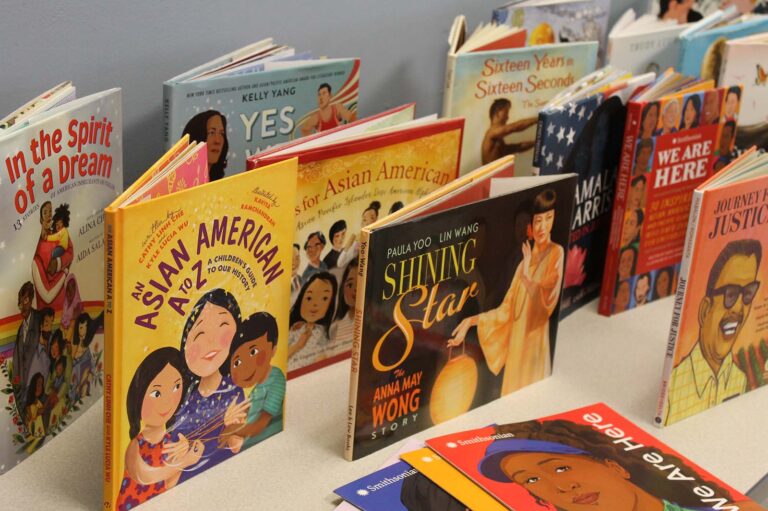CHAMPAIGN — While states like Florida and Texas are restricting lessons on race and racism, Illinois is doing the opposite.
In early August, Gov. JB Pritzker signed House Bill 1633, which requires all elementary to high school students to learn a more complete version of Native American history.
That’s on top of other laws about teaching Black and Asian American history.
Who pushed for the new law on Native American history, and why?
The broader push for inclusive history began in 2019, when the state mandated students learn about positive contributions from LGBTQ+ individuals.
As other inclusive history laws were being passed, Native American educators and activists saw that they were being left out.
Andrew Johnson is the executive director of the Native American Chamber of Commerce of Illinois and a citizen of the Cherokee Nation. He helped pass the new law as part of the Chicago American Indian Community Collaborative.
He hopes to expand Indigenous history beyond Thanksgiving.
“To be honest, we call it rent-an-Indian month. That’s when you get the calls that say, ‘We have a study here. Can you come and give us a talk about something?’ We really would like to see this spread out throughout the school year,” Johnson said.
He said mascots are sometimes the only representations of Indigenous people in non-Native communities.
Johnson himself grew up in a community in California where he was one of the only Native Americans. He said it took him until adulthood to learn about Indigenous diversity and connect with that side of himself.
Johnson hopes students will begin learning about Indigenous peoples in the spring. For example, a class could tap a maple tree and learn about who invented maple syrup.
What does the new law require students to learn?
The law, formerly House Bill 1633, requires teachers to cover contemporary Native American history, including the story of Native communities in urban communities like Chicago.
When students learn about the Holocaust, they also cover other genocides. Teachers must now include the genocide of Native Americans in those lessons.
Students will also learn about Indigenous sovereignty and the fact that Native American nations are independent.
Read the full text of the law here.
The new requirements do not kick in until the fall of 2024.
How do we know whether schools will follow this law?
All we know is what school districts report themselves.
The state delegated the task of checking on each district to regional offices of education (ROE). And the regional offices rely on self-reporting from school districts.
Gary Lewis is the regional superintendent of schools for ROE 9 in Champaign and Ford County. He said schools turn a form into their office with what they teach and when they teach it.
“It would be hard to get into every classroom every day to see what’s exactly going on, so for a lot of it, we take their word,” Lewis said.
Lewis said he has yet to see any hesitation of reluctance from school districts.
“I have really no questions that my schools are doing what they’re asked to do by the state legislators,” he said.
Andrew Johnson said this was a compromise. Activists originally wanted a state task force to audit what schools do. He said they couldn’t get the task force past the Illinois State Board of Education.
In an email, ISBE spokesperson Jackie Matthews said regional superintendents always monitor curriculum mandates.
“ISBE opposed the additional task forces, since they would have duplicated work already being done,” Matthews said.
The new law did win activists one of their long term demands – a seat at the table on ISBE’s State Education Equity Committee. Johnson said he will be on the committee.
School is starting for many children this week. What is happening this year?
This school year, students are continuing to learn Asian American history, the history of Black people before slavery, lessons about contributions from LGBTQ+ individuals and more.
Meanwhile, the state is working on materials to help schools prepare to teach Native American history. Those resources have to be available to schools by January 1, 2025.
Emily Hays is a reporter for Illinois Public Media. Follow her on Twitter @amihatt.

